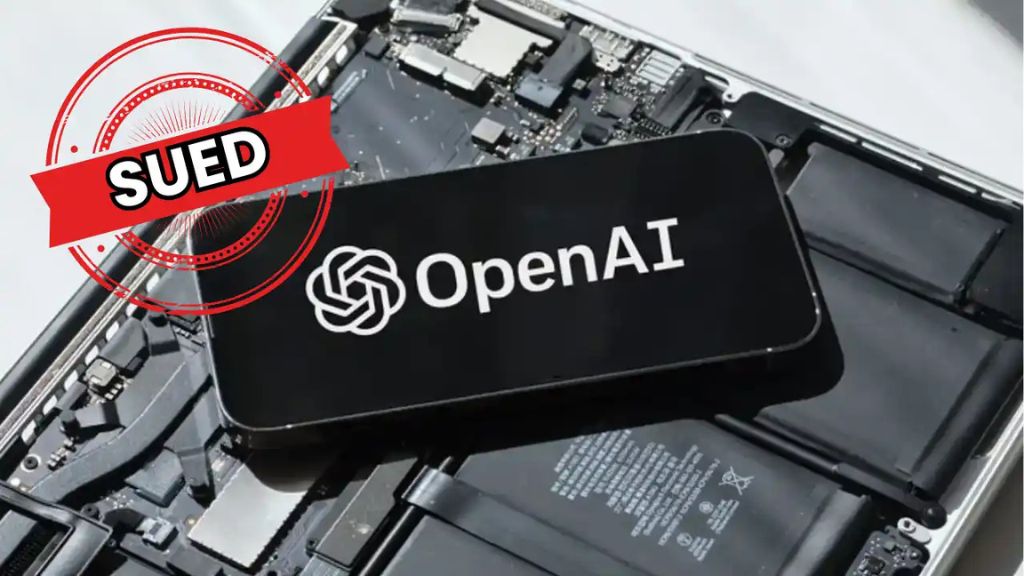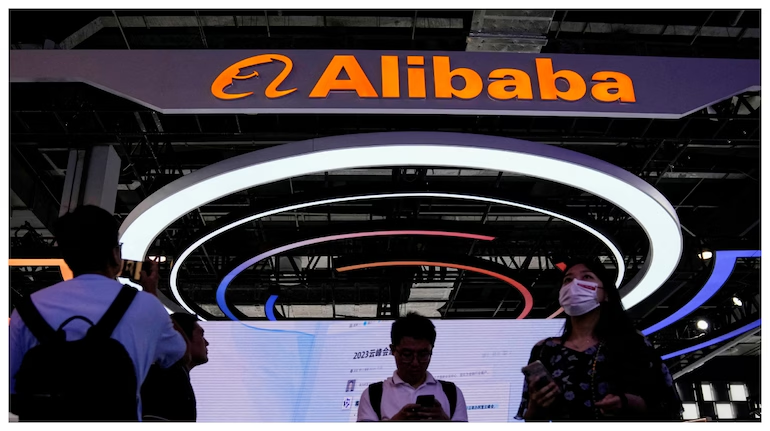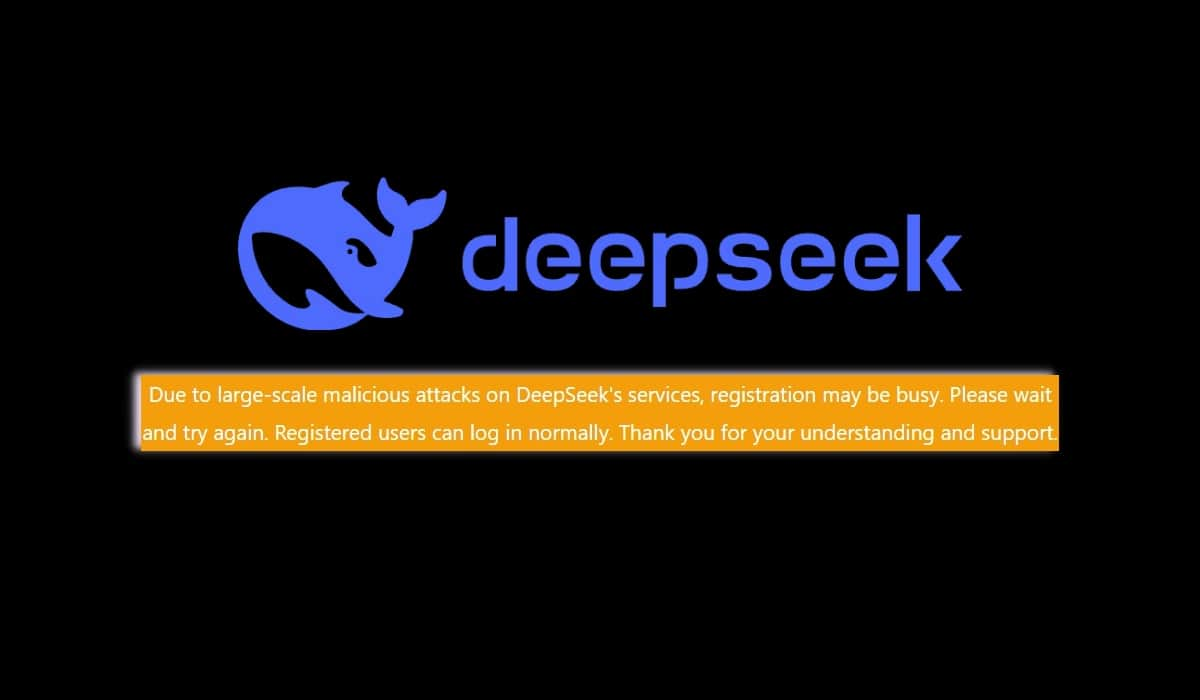
New Delhi, India – November 20, 2024: Leading Indian news agency Asian News International (ANI) has filed a lawsuit against OpenAI, the California-based artificial intelligence research and deployment company, alleging unauthorised use of its content for training its AI models, including ChatGPT. The legal action raises critical questions about the ethical and legal frameworks surrounding AI training and intellectual property.
According to court filings, ANI claims that OpenAI incorporated its proprietary news articles, reports, and multimedia content into its datasets without obtaining prior consent or paying licensing fees. ANI asserts that this usage not only infringes on its intellectual property rights but also undermines the value of its original reporting, which is the result of significant journalistic effort.
Content Misappropriation and Revenue Loss
The lawsuit highlights the financial implications of the alleged misuse, with ANI arguing that OpenAI’s actions could lead to revenue losses. By leveraging ANI’s material, the lawsuit claims, OpenAI has benefited commercially while bypassing industry norms that safeguard media organisations’ rights.
In a statement, ANI’s legal counsel said, “ANI’s content represents years of trusted journalism. It is not a public resource to be exploited by AI companies without due diligence. This case is a stand against the unregulated use of copyrighted material in the AI era.”
OpenAI Responds
OpenAI, known for its large language models like ChatGPT, has yet to issue an official response to the lawsuit. However, the company has previously maintained that it sources publicly available information to train its models while adhering to copyright laws.
Broader Implications for AI Training and Media
The lawsuit comes at a time when global scrutiny over AI companies’ use of copyrighted material is intensifying. News organisations and content creators worldwide are increasingly concerned about how AI models are trained, especially as these models are deployed in ways that can replace or replicate original reporting and creative works.
Legal experts believe the ANI lawsuit could set a precedent in India, where AI regulation is still in its nascent stages. “This case has the potential to influence future legal interpretations of intellectual property in the AI ecosystem. If ANI succeeds, it could lead to stricter regulations on how AI companies source and use data,” said Priya Malhotra, a technology law expert based in Delhi.
The Road Ahead
While the outcome of the lawsuit remains uncertain, the case underscores the need for clear guidelines governing AI training practices. ANI’s move may encourage other media organisations to examine how their content is used in the AI industry.
As debates over intellectual property rights in AI grow louder, the ANI-OpenAI case serves as a litmus test for balancing innovation with ethical and legal accountability.





